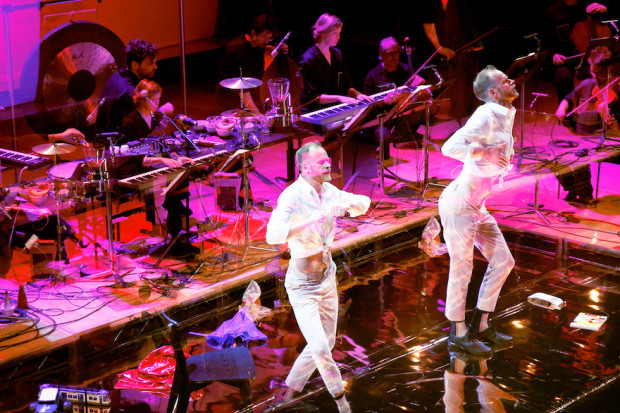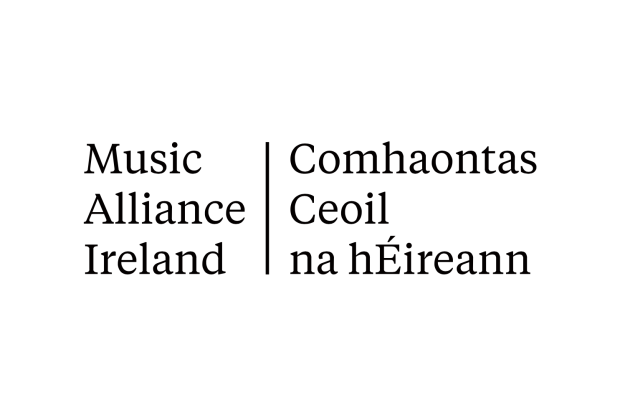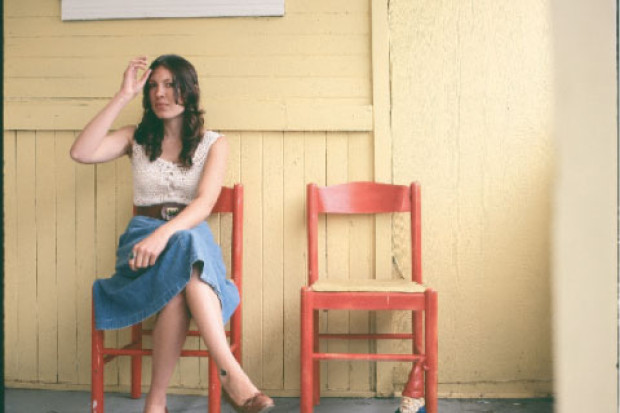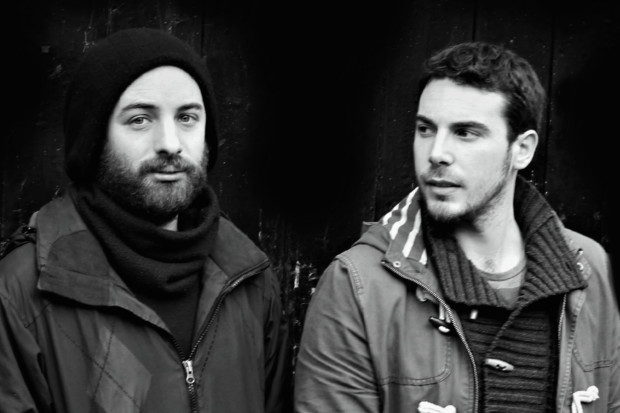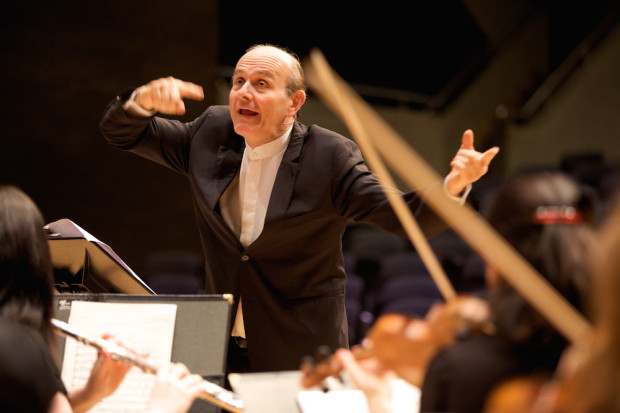
Ficino Ensemble (Photo: Frances Marshall)
The Winter We Don't Expect
It seems like a low bar, for a new album release to make an effort to connect the works on it; that there should be a sense of flow through the entire disc as well as through each work on it. And yet it’s a bar that very few classical and contemporary albums seem interested in even approaching, never mind trying to cross. Fortunately, Garrett Sholdice, co-founder of Ergodos and composer of Winter, the title track of the label’s new album, takes it very seriously. In a 2010 interview with the Contemporary Music Centre, Sholdice argued that concert programmes should consider works in a performance like movements in a work.
Winter is the first release by the Ficino Ensemble, and uses Sholdice’s piece as connective tissue between two older works: Brahms’ clarinet quintet and Ravel’s Introduction and Allegro. It’s a flexible group, with Macdara Ó Seireadáin and Geraldine O’Doherty as ostensible soloists on clarinet and harp for the older works, Sinéad Farrell on flute, and a string quartet (Elaine Clark, Lynda O’Connor, Nathan Sherman, and Ailbhe McDonagh, with Orla Ní Bhraoin substituting for O’Connor on the last track).
And, like the other releases I’ve heard from Ergodos, it’s an album, not a collection. The tonal relationship between the works is lovely; the quiet, reflective B-minor chord on which the Brahms finally settles feels jarred to uncomfortable life again by the thicker, darker B-flat-minor that opens Winter; that work closes with a melody on clarinet that’s both a closing question and a presentiment of the opening notes of the Ravel.
Brahms’ clarinet quintet is fairly typical of his late style, rich with ambiguities of tempo, rhythm and, especially, key, much being made of the cusp between major and minor. The work often has the feeling of a concerto with the clarinet solo, but the small scale allows the performers to split into separate solo parts for some very nice counterpoint at times. The performers bring this out nicely, the combined melodic lines coming out clearly and expressively in the busy development of the first movement and the beautiful second. That said, this performance works least well for me: the group’s intonation doesn’t always blend, and there’s a sense that the louder passages could use a bit more punch.
Warmer and darker
Winter, on the other hand, doesn’t look for punch. We’re trained as listeners to expect musical winters to sound a certain way, but the winter Sholdice has written is an Irish winter, warmer and darker than you’d expect.
Set between substantial works by Brahms and Ravel, it would have been easy for Sholdice’s piece to get lost, or to function as a simple bridge, but it wastes no time in asserting its own personality. It grows slowly from its growling opening chords to steady, almost clockwork melodic fragments passed from musician to musician, coalescing finally to full melodies at the close. Sholdice’s style is slow and spare, drawing out the timbre of each sound in turn before moving on to the next.
Like the Brahms, Ravel’s Introduction and Allegro has the sense of a micro-concerto. It’s more explicit about the fact, having been written to showcase the pedal harp, which is accompanied by string quartet, flute and clarinet. Geraldine O’Doherty really shines in the performance, her playing crisp and fluid, bell-clear on the harmonics and unshowily virtuosic in the cadenza. It’s not Ravel’s most coherent work – its episodes feel a little disconnected, at times even arbitrary – but the group’s performance is sincere, and the composer’s sense of timbre is as good as ever, and that’s enough to hold it together as a fitting close to the record.
Maybe I’m old-fashioned in my love of the album as a format, but if I am I’m not going to change. Look through the recordings of the Brahms or of the Ravel on your favourite streaming service: they may be greater successes on a technical level, but they’re invariably lumped in with other chamber works by the same composer (or maybe with Mozart’s clarinet quintet). Winter, the album, recognises that each of its works is part of a whole, and that the connections between the works are what compels the listener to keep listening. In building an album like this, Ergodos succeeds where few classical releases even try.
Visit www.ergodos.ie
Published on 9 May 2019
Brendan Finan is a teacher and writer. Visit www.brendanfinan.net.










